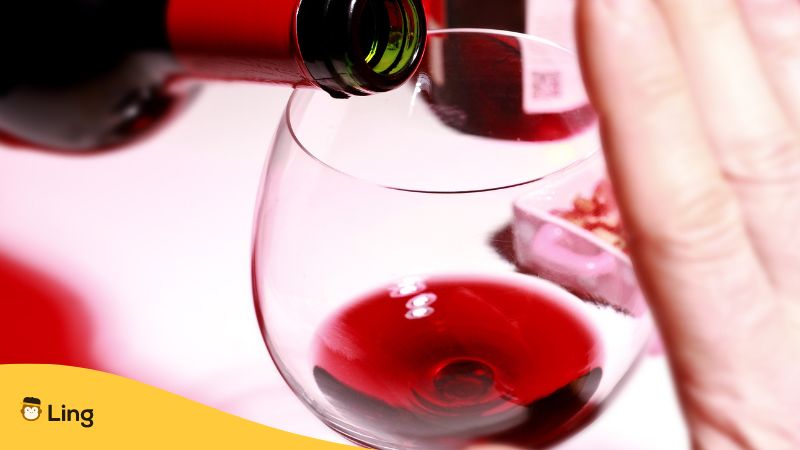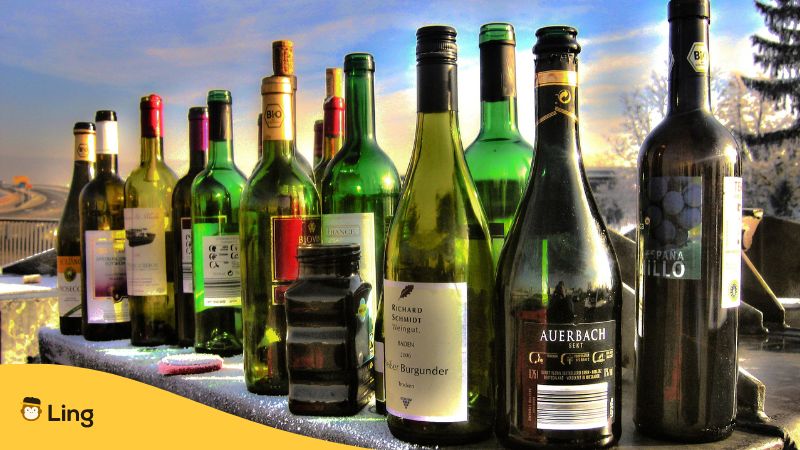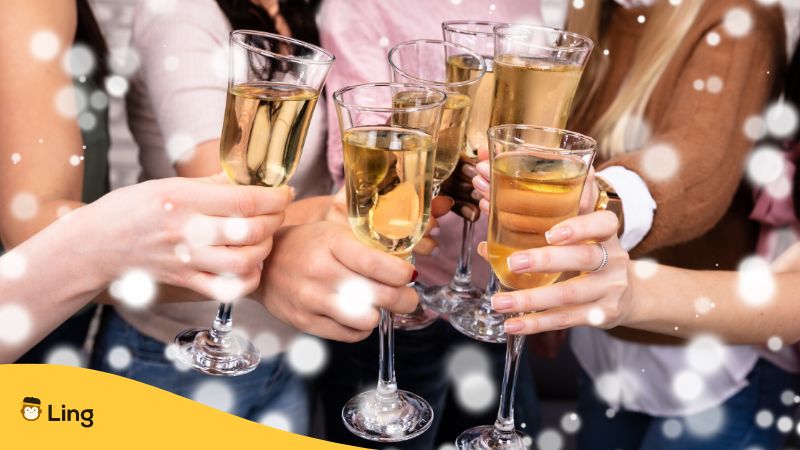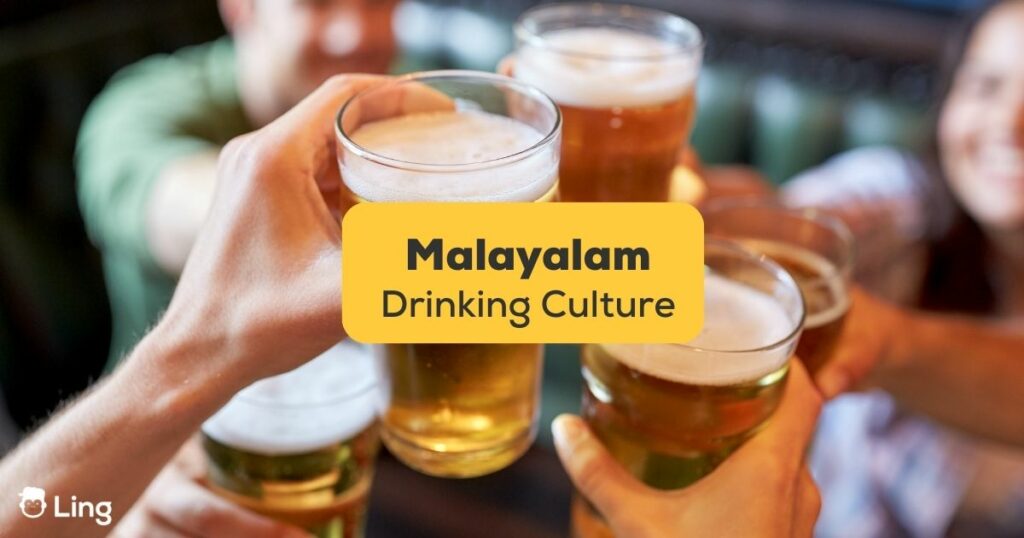What do you do when in a foreign land and you want to relax and unwind after a long day? This may be why you’ve searched about the Malayalam drinking culture. If you’re bound to Kerala, it’s only necessary to learn about these things (and, of course, the language). What’s a healthy way to drink alcohol when visiting this popular Indian state? When is it required, or when should you reduce alcohol consumption? If you want to find out more, read on.
Facts About The Malayalam Drinking Culture
The history of consuming alcohol in Kerala goes back in time. Historical records and archaeological findings show that people in this region have been enjoying various forms of fermented beverages for centuries. According to research papers, the drinking culture in Kerala is closely connected to its ancient traditions and rituals. This is the same with many Indian states. The ritualistic consumption of alcohol has been integrated into ceremonies, festivals, and social gatherings.
How do you know that people from this southern Indian state love to drink alcohol?
Well, Kerala has the highest per capita alcohol consumption in all of Indian states, or more than 8 liters per capita consumption every year. This is significantly higher than the national average of 5.7 liters per person per year.
Alcohol consumption became worrisome, and many people were becoming heavy drinkers, according to the National Family Health Survey, which led the government to intervene. Consumption of alcohol has caused alcohol abuse, prompting the government’s chief minister to impose a phased prohibition on liquor consumption in 2015.
As expected, it caused a lot of uproar in Kerala, and people strongly opposed it. This decision had a big negative impact on the alcohol and tourism sector in the state. In June 2017, Kerala took a more lenient approach by relaxing these alcohol restrictions, reigniting the connection between its people and alcohol.

More About The Favorite Drinks In Kerala
A significant part of the state’s culture revolves around homemade spirits, especially toddy. The abundance of coconut trees in Kerala shapes this tradition. In the early morning, individuals known as “toddy tappers” go to houses to collect coconut sap from palm trees.
As a gesture of goodwill, households receive a bottle or two of toddy. Initially, it’s sweet and doesn’t contain alcohol, but by evening, it transforms into a strong and bitter alcoholic drink with around 4 percent alcohol content.
Rum, brandy, and beer are also popular choices among Kerala’s preferred drinks. Whether for a relaxed evening or a foamy mug of beer, these drinks are part of the joy of living in Kerala. Even in the early hours, lines form at small alcohol shops, getting longer as the day goes on.

Changing Preferences And Impact On Traditional Drinks
The rise of imported alcoholic drinks is impacting people’s preferences. While traditional drinks like toddy and kallu still hold cultural significance, they now face competition from the diverse and exotic flavors offered by imported beverages. This change is prompting a reevaluation of the role of traditional drinks in daily life and celebrations.
Moreover, urban areas in Kerala are witnessing a growing nightlife scene, with bars, pubs, and lounges becoming more prevalent. These establishments cater to a modern, cosmopolitan crowd seeking a different social experience. The appeal lies in trendy settings, innovative cocktails, and a lively atmosphere, attracting locals and tourists and changing how people enjoy their evenings.
Globalization has significantly impacted the drinking habits of Malayalam culture. The West Coast cosmopolitan vibe has encouraged a more diverse range of liquor and beverages and consumption patterns. As a result, Kerala’s drinking culture is experiencing a declining trend but is evolving to incorporate local traditions and global influences.

Malayalam Words Related To Drinking
The Malayalam language, spoken mainly in the southern Indian state of Kerala, has a vast collection of words describing different aspects of drinking, including various types of beverages, the action of drinking, and accessories related to it. Below, you’ll find a table listing common English terms associated with drinking and their corresponding Malayalam words and pronunciation.
| English | Malayalam Script | Malayalam Pronunciation |
|---|---|---|
| Water | ജലം | jalam |
| Drink (verb) | കുടിക്കുക | kuḍikkuka |
| Tea | ചായ | chāya |
| Coffee | കാപ്പി | kāppi |
| Juice | ജ്യൂസ് | jyūs |
| Milk | പാൽ | pāl |
| Alcohol | മദ്യം | madyam |
| Glass | ഗ്ലാസ് | glās |
| Bottle | ബോട്ടിൽ | bōṭṭil |
| Thirsty | തടിക്കുക | taḍikkuka |
Other Festivals Where Alcohol Is Important
Besides Onam, other festivals and occasions in Kerala have their own drinking traditions:
- Vishu, the Malayalam New Year, includes the consumption of “Vishu Kanji,” a traditional drink symbolizing nourishment and abundance for the coming year.
- Thrissur Pooram, a famous temple festival, involves the distribution of “kachamoru,” a traditional buttermilk drink, to devotees.
These festivals demonstrate how drinks are integrated into celebrations, bringing communities together in joy and reverence.
Learn The Malayalam Language On Your Phone
Aside from the culture, it’s also interesting to learn the language of this Indian state. This way, you can easily greet people “halayaa” (ഹലോ), which means hello or say “sandosham” (സന്തോഷം), meaning cheers, when drinking in a pub or anywhere with the locals.
You can do this by downloading the Ling app on your gadget, available on the Play Store and App Store. Once installed, you can have hours of learning new languages while enjoying. You can even have a drink or two while learning how to use certain Malayalam words or phrases in proper contexts.
Meanwhile, if you are interested in the drinking culture in other countries, be sure to check out our guide on drinking habits in Laos and Japan.



































































